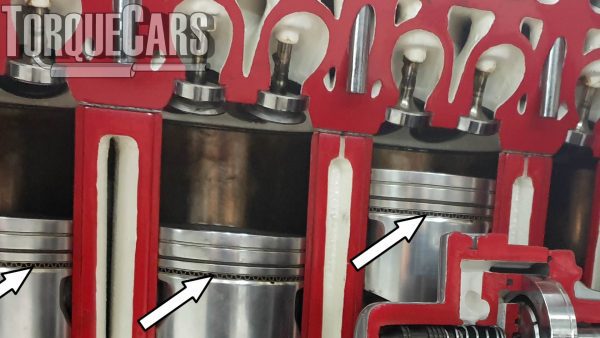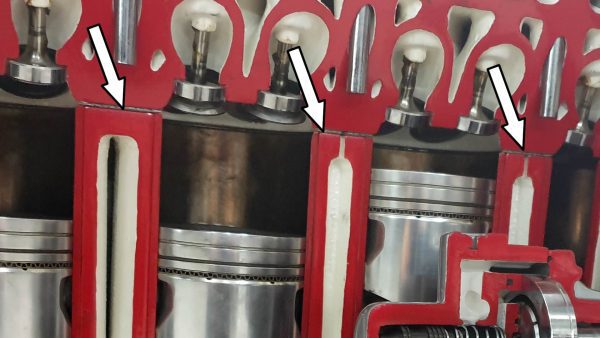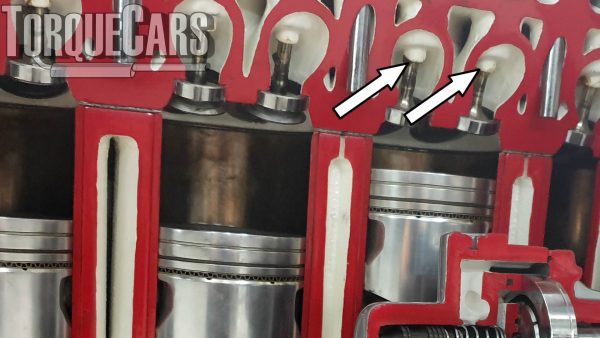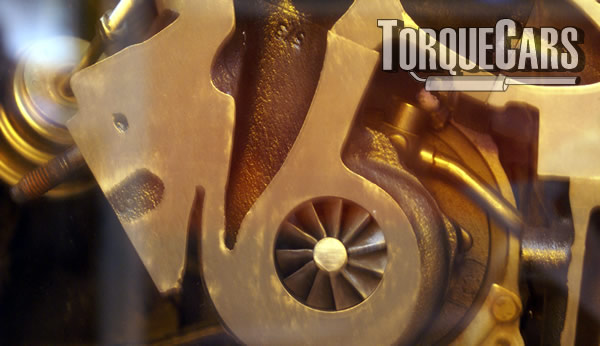Why Cars Burn Oil: Causes and Solutions
"We discuss the 4 primary causes of Engines Burning Oil."
Are you tired of constantly checking your oil levels and finding they're low? Have you ever wondered why your car is burning oil?
In this artilcle, we dive into the common reasons behind oil consumption in vehicles, including piston rings, valve seals, gasket failures, and turbo issues. Don't miss out on the opportunity to learn why your car is burning oil and what you can do to fix it.
A car that is burning oil can be a frustrating problem, leading to decreased fuel efficiency and performance. There are many reasons why cars burn oil, ranging from normal wear and tear to engine problems. In this article, we will discuss the common causes of oil burning in cars and provide steps for diagnosis and repair.
Are you tired of constantly checking your oil levels and finding they're low? Have you ever wondered why your car is burning oil? In this informative video, we dive into the common reasons behind oil consumption in vehicles, including piston rings, valve seals, gasket failures, and turbo issues. Don't miss out on the opportunity to learn why your car is burning oil and what you can do to fix it. Get all the answers by watching the video now!
Please watch our video which covers the main reasons why engines burn oil and how to diagnose it. Be sure to keep up with our latest YouTube content and subscribe. This video goes into more detail on the issues mentioned in this article.
Common Causes of Oil Burning in Cars
Piston Ring Issues
- Explanation of the role of piston rings in sealing the combustion chamber
- How worn or damaged rings can lead to oil leaks and burning

Worn piston rings: Over time, the piston rings that seal the combustion chamber can become worn, allowing oil to leak into the engine and be burned.
One of the most common causes of oil burning in vehicles is due to issues with the piston rings.
These rings are responsible for sealing the combustion chamber, preventing oil from leaking into the engine and being burned as fuel. Over time, these rings can wear down, become damaged, or even break, leading to oil leaking into the combustion chamber and being burned.
The lower piston ring with the wavy edge is called an oil control ring. It's a crucial component in the engine's oil control system, responsible for controlling the flow of oil into the combustion chamber and preventing oil from being burned.
The wavy edge of the oil control ring helps to scrape excess oil from the cylinder walls and return it back to the engine's oil pan. This helps to reduce oil consumption, improve engine efficiency and performance, and prevent harmful oil from entering the engine's combustion chamber.
If the oil control ring becomes clogged up it can reduce it's ability to clear the oil effectively. I've known some cases where a quality oil flush was used, which cleared the silt in the oil control ring and restored compression and more importantly reduced oil consumption and burning.
Gasket Failures
- Explanation of the role of gaskets in sealing the engine
- How worn or damaged gaskets can lead to oil leaks and burning

Failing head gasket. The seal around the head has to cope with lots of heat and very high pressures. Eventually the gasket will fail allowing water and oil to mix and even enter the combustion chamber.
Valve Seal Problems
- Explanation of the role of valve seals in preventing oil leaks
- How worn or damaged seals can lead to oil consumption

Damaged valve seals: Valve seals that prevent oil from leaking past the valves can become worn or damaged, causing oil to seep into the engine.
The valve seals are responsible for preventing oil from leaking past the valves and into the combustion chamber, where it can be burned. Over time, these seals can become brittle, crack, or even deteriorate completely, leading to oil leaks and increased oil consumption.
High mileage engines: High mileage engines are more likely to burn oil due to increased wear and tear on engine components.
Turbo Failures
- Explanation of the role of the turbocharger in increasing engine performance
- How damaged or worn turbochargers can lead to oil leaks and consumption

Failing turbocharger: A failing turbocharger can cause oil to leak into the engine and be burned, as well as increase engine heat and oil breakdown.
Additionally, a failing turbocharger can also cause excessive engine heat, which can lead to oil breakdown and increased oil consumption. If a car is burning oil and has a turbocharger, it's important to have the turbocharger inspected by a mechanic to determine if it's the cause of the oil consumption.
PCV Problems
The positive crankcase ventilation system is there to vent excessive pressure from inside the engine and this typically gets dumped in the intake.
In some badly designed engines under extreme acceleration, braking or a pattern of the two excess oil can be forced through the PCV into the intake.
If excess oil is being splashed around inside the engine then this will often move through the PCV into the intake where the oil will burn.
PCV leaks and oil problems tend to be gradual in nature and most drivers will not notice this happening under normal driving conditions but it is a cause of oil loss and deserves to be mentioned here in this list.
Diagnosis and Repair
To diagnose an engine that is burning oil, a mechanic may perform the following steps:
Visual inspection: Check for visible oil leaks and signs of excessive oil consumption, such as a blue smoke coming from the exhaust.
Oil level check:
Check the oil level and look for any signs of contamination, such as a milky appearance.
Engine compression test: This test checks the engine's ability to compress air and can help to identify problems such as worn piston rings.
Oil consumption test:
This test involves measuring the engine's oil consumption over a specified period of time and driving conditions.
Engine codes check: Check the vehicle's onboard computer for stored trouble codes that may indicate the cause of the oil burning.
Physical examination:
Perform a visual and mechanical inspection of the engine components, such as the valve seals and piston rings, to look for signs of wear or damage.
Once the cause of the oil burning is determined, the following steps may be taken to repair the engine:
Repair Steps to Take
Replace worn components: Replacing worn or damaged engine components, such as piston rings and valve seals, can help to restore the engine's ability to retain oil and reduce oil consumption.
Engine rebuild: In some cases, a complete engine rebuild may be necessary to restore performance and reduce oil consumption. This involves disassembling the engine and replacing or repairing any worn or damaged components.
Improve engine lubrication: Using high-quality engine oil and regular oil changes can help to reduce friction and wear within the engine, and prevent oil consumption.
Drive habits: Making changes to driving habits, such as avoiding hard acceleration and high-speed driving, especially when the engine is col. This will significantly help reduce stress on the engine and prevent oil consumption and burnin oil from progressing and deteriorating.
In conclusion, there are many reasons why cars burn oil, and the specific cause and solution will depend on the specific symptoms and conditions of the engine. If your car is burning oil, it's best to consult a mechanic for a proper diagnosis and repair who can run full diagnostics and go straight to the problem rather than just trying stuff until you hit on the problem.
Please Check out my YouTube channel, we're regularly adding new content...
PLEASE HELP: I NEED YOUR DONATIONS TO COVER THE COSTS OF RUNNING THIS SITE AND KEEP IT RUNNING. I do not charge you to access this website and it saves most TorqueCars readers $100's each year - but we are NON PROFIT and not even covering our costs. To keep us running PLEASE Donate here
If you liked this page please share it with your friends, drop a link to it in your favourite forum or use the bookmarking options to save it to your social media profile.
Feedback - What do You Think?
Please use our forums if you wish to ask a tuning question, and please note we do not sell parts or services, we are just an online magazine.
Help us improve, leave a suggestion or tip
Please watch this video and subscribe to my YouTube channel.

 Click to accept YouTube Cookies & Play.
Click to accept YouTube Cookies & Play.